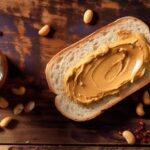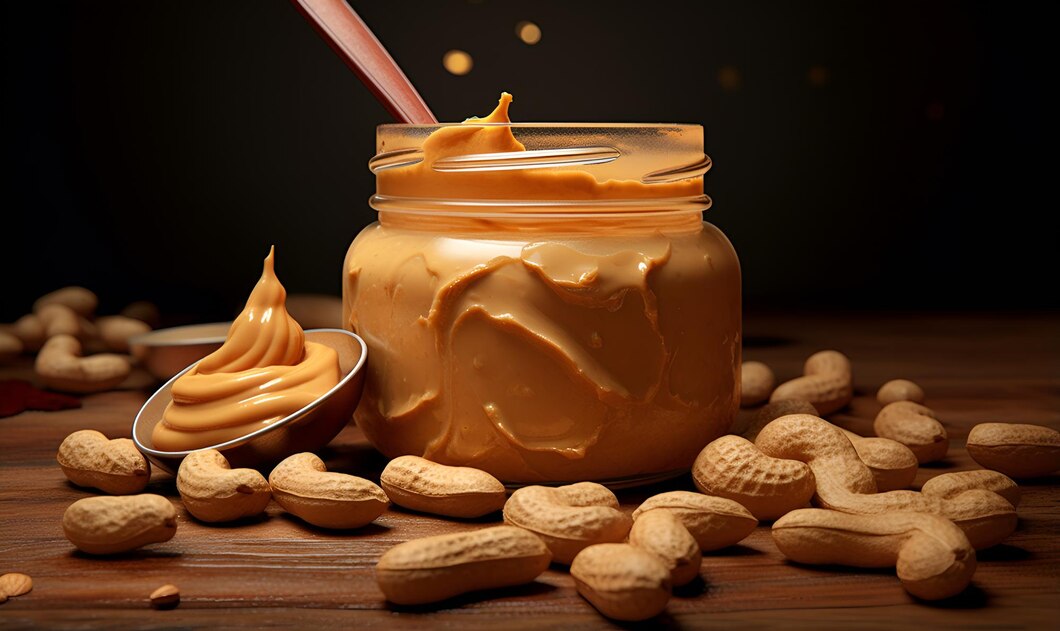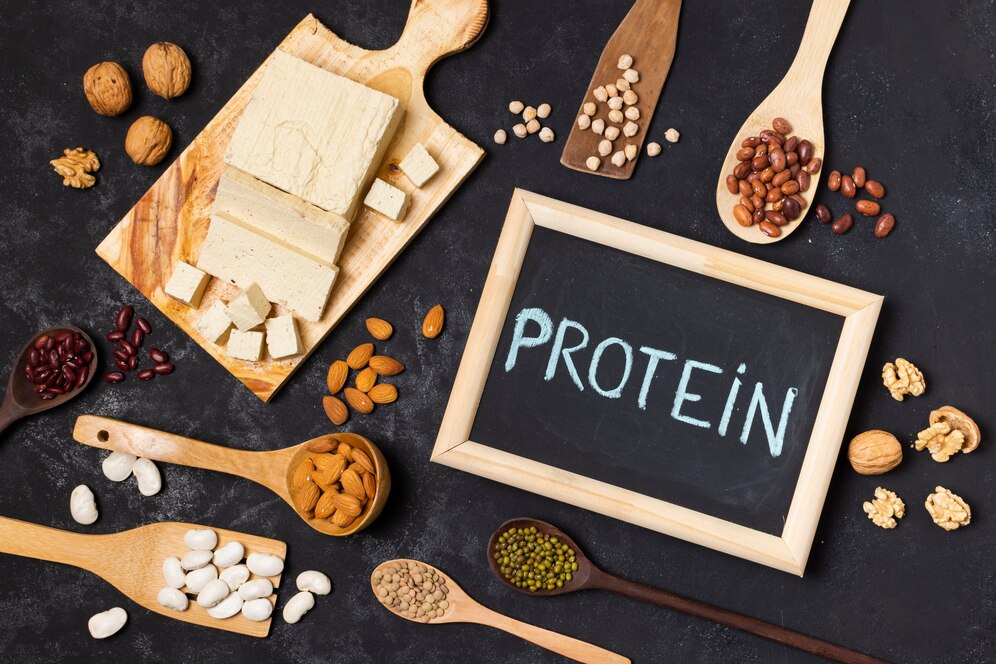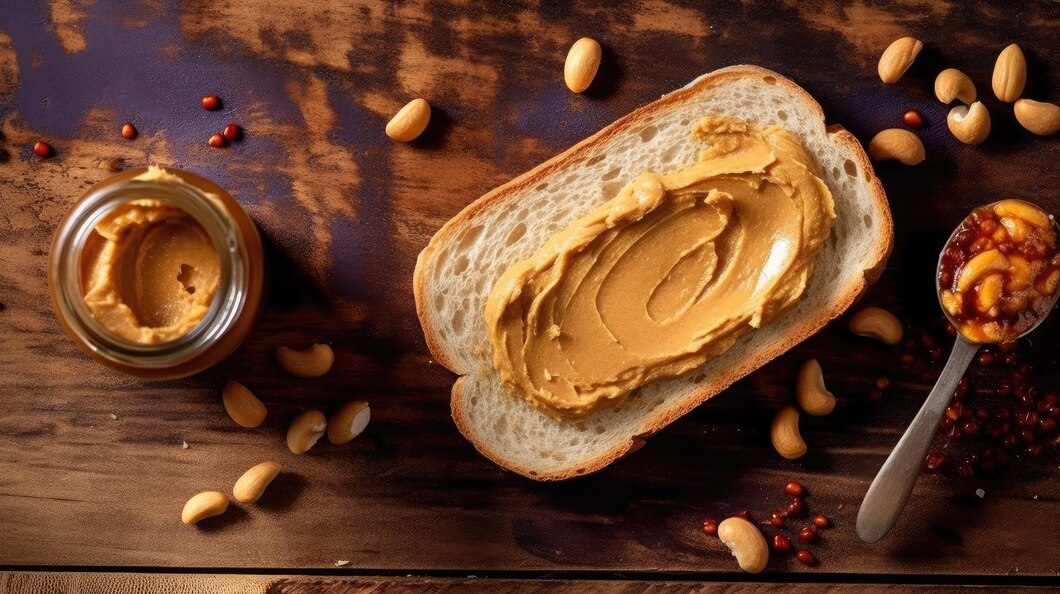
Staying Skinny While Eating Fats Is Now Possible!
Living without fats isn’t an option.
What does fat do?
Fat is a concentrated energy reserve, offering 37 kJ or 9 kcal per gram. As highlighted by the American Heart Association (AHA), dietary fats are indispensable. The powerhouse of the body, good fats provide energy, promote cell growth, shield organs, and preserve body warmth.
Bad fats, such as saturated and trans fats, increase the likelihood of Type 2 diabetes, specific cancers, and heart disease.
Experts advise limiting fat intake to around 35% of daily energy from food, with saturated fat not exceeding 11% of total energy intake. However, many of us need to be fully aware of how much-saturated fat certain foods contribute to our daily intake.
The key word here is GOOD FATS!
So who are these guys called GOOD FATS?
Found in vegetables, nuts (our favourites!), seeds, and fish, these fats stay liquid at room temperature – think of that smooth peanut butter texture, a healthy staple for any kitchen!
Monounsaturated Fats
When you dip bread in olive oil, you’re indulging in mostly monounsaturated fat. Olive oil, peanut oil, avocados, most nuts, and specific sunflower and safflower oils are great sources.
The Greeks were onto something with this discovery. Their diet rich in monounsaturated fats, particularly olive oil, showed lower heart disease rates, sparking interest in the healthy Mediterranean diet.
What they do: They can reduce LDL cholesterol levels. They may also lower the risk of heart disease, stroke and breast cancer. Diets high in monounsaturated fats can also lead to reduced belly fat.
The verdict: Add these to your meals. Opt for vegetable-based oils. Say no to unhealthy jars of butter and replace them with Pronut Peanut Butter, add olives to salads and sprinkle a handful of nuts on your salad.
Polyunsaturated Fats
Used in cooking oils like corn, sunflower, and safflower, these fats are essential for cell membranes, nerve covering, blood clotting, muscle movement, and controlling inflammation. Your body needs them, but can’t produce them, so you must get them from food.
Two main types exist- omega-3 and omega-6 fatty acids, both boasting significant health perks.
Omega-3: Heart and blood vessels love these. They can help prevent and treat heart disease and stroke, reduce blood pressure, raise HDL, lower triglycerides, and even aid in managing conditions like rheumatoid arthritis. Fatty fish, walnuts, flaxseeds, canola oil, and non-hydrogenated soybean oil are excellent sources.
Omega-6: Also believed to shield against heart disease, this is found in vegetable oils like sunflower, safflower, soybean, walnut, and corn oils. Though no specific daily intake is advised, replacing saturated and trans fats with these is a smart move.
Verdict: Opt for more. Choose grilled fish over meat curry, vary your oils regularly, and add nuts to your oatmeal for added benefits.
IN-BETWEEN FATS
Saturated fats, often abundant in our diet, are solid at room temperature – think cooled meat grease or cheese. Excessive intake can spike cholesterol levels, leading to artery blockages and related health issues. Staying under 11% of daily calories from saturated fat is recommended.
BAD FATS
The worst is trans fat, a byproduct of hydrogenation, used to solidify oils for prolonged food shelf life.
Found in solid portions of margarine, vegetable shortening, and a wide range of processed foods, even minimal consumption can significantly harm health. Research shows that a mere 2% of daily calories from trans fat increases heart disease risk by 23%. Trans fats elevate harmful LDL cholesterol, reduce beneficial HDL, and trigger inflammation, culminating in various chronic conditions.
The consensus? Say no to trans fats!
Despite all the fat, peanut butter can help you to stay slim.
Peanut butter’s healthy fats keep you feeling full longer and thus curb overeating. The combination of protein and good fats supports muscle growth and repair, maintaining a leaner body composition. These nutrients stabilize blood sugar, preventing energy crashes that lead to unhealthy snacking.
So if you are looking for a versatile, all-natural and healthy flavour-packed boost, Pronut Peanut Butter has you covered!
It’s the ultimate mid-day snack, perfect for athletes’ workouts, and a hit with families seeking high-fat goodness. It’s time for guilt-free indulgence—embrace peanut butter’s healthy fats for a satisfying and slim lifestyle. Grab your jar now and taste the goodness for yourself!
Remember, what we eat matters.









